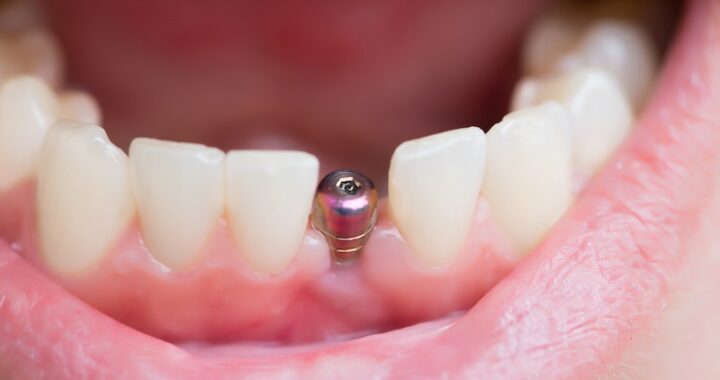Understanding Salmon Meal Benefits for Diabetic Dogs

Dogs, like people, can develop diabetes, a metabolic condition that impairs blood sugar regulation. Proper nutrition helps dogs manage diabetes, and salmon meal is a popular diet due to its health benefits. This article discusses why salmon meal can benefit diabetic dogs, what to consider, and how it can improve their health.
Understanding Diabetes in Dogs
Diabetes mellitus in dogs is caused by insufficient insulin production or inadequate insulin response. Controlling blood sugar (glucose) levels, which fuel cells, requires insulin. When insulin is inefficient, glucose builds up in the bloodstream, causing health problems. Let’s find out is salmon meal good for dogs with diabetes.
Dietary Management of Diabetes
To manage diabetes in dogs, insulin medication, frequent exercise, and dietary modifications are commonly used. A balanced diet helps regulate blood sugar and sustain health. A diet high in nutrients, low in carbs, and high in protein is the goal.
The Role of Salmon Meal
Salmon meal, made from whole salmon, provides a nutrient-dense protein source with numerous benefits for dogs, particularly those with diabetes.
Quality Protein
Protein is essential for a dog’s diet, supporting muscular maintenance, immunological function, and overall health. High-quality protein from salmon meal contains all the important amino acids dogs need for good health. Salmon meal is ideal for diabetic dogs since it contains complete, easily digestible protein.
Low Carbohydrate Content
Low carbohydrate content can drastically affect blood sugar levels in diabetic dogs. While carbs are not toxic, eating too many can cause blood glucose spikes and crashes. Salmon meal has less carbohydrates, making it appropriate for diabetic dogs who need a stable blood sugar.
Diabetic Dogs and Salmon Meal: Considerations
Salmon meal has several benefits for diabetic dogs, however there are certain significant considerations:
Portion Control
Healthy salmon dish requires portion control, especially for diabetic dogs. Overeating may increase insulin resistance and complicate blood sugar regulation. Your vet can propose portion sizes based on your dog’s size, weight, and needs.
Monitoring Blood Sugar Levels
Diabetes requires regular blood sugar monitoring in dogs. Keep your dog’s blood glucose levels within the appropriate range while introducing salmon meal or other new foods. Talk to your vet about major treatment adjustments.
Individual Sensitivities
Salmon meal is generally well-tolerated by most dogs, although some may have protein or component allergies. Salmon should be avoided if your dog has digestive or skin issues. Ask your vet about options.
Conclusion
Salmon meal can benefit dogs with diabetes by providing high-quality protein, omega-3 fatty acids, and low carbohydrate content. Salmon meal can assist diabetic dogs maintain health and blood sugar regulation when part of a balanced diet and medical management. In order to keep your pet healthy, you must monitor portion amounts, blood sugar levels, and any sensitivities. Before making any major modifications to your dog’s diet, check your vet. Diabetic dogs can have happy, healthy lives with correct nutrition and care.


 Innovations in Health Screenings: Exploring the Latest Technologies in Clinic Services
Innovations in Health Screenings: Exploring the Latest Technologies in Clinic Services  Dental Crowns –Restoring Strength, Function, And Aesthetics.
Dental Crowns –Restoring Strength, Function, And Aesthetics.  One-Person Wonder: Making Waves in the Massage Industry in Gunma
One-Person Wonder: Making Waves in the Massage Industry in Gunma  How Cataract Surgery in Nashville Improves Vision and Quality of Life
How Cataract Surgery in Nashville Improves Vision and Quality of Life  Maintaining Oral Health: The Role of Dentists in Richmond
Maintaining Oral Health: The Role of Dentists in Richmond  How to Choose the Best Implant Dentist in Sheffield: A Guide
How to Choose the Best Implant Dentist in Sheffield: A Guide